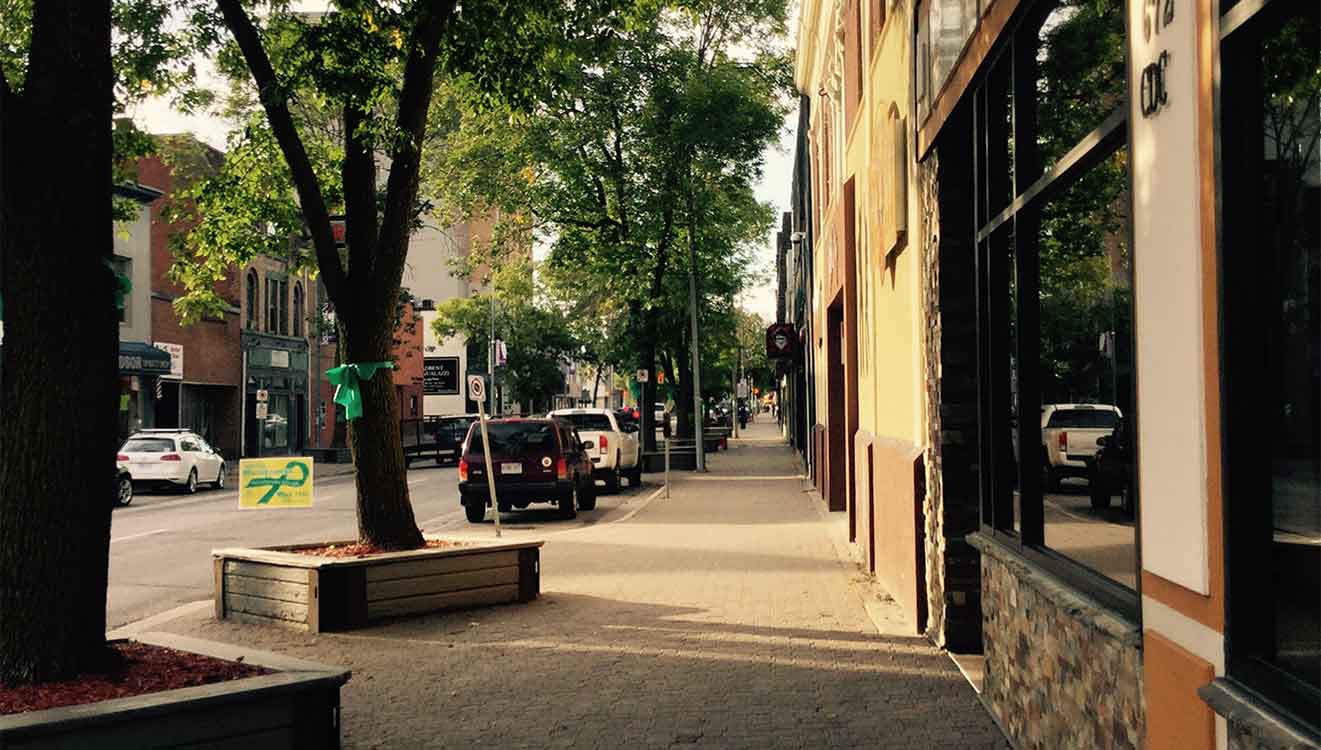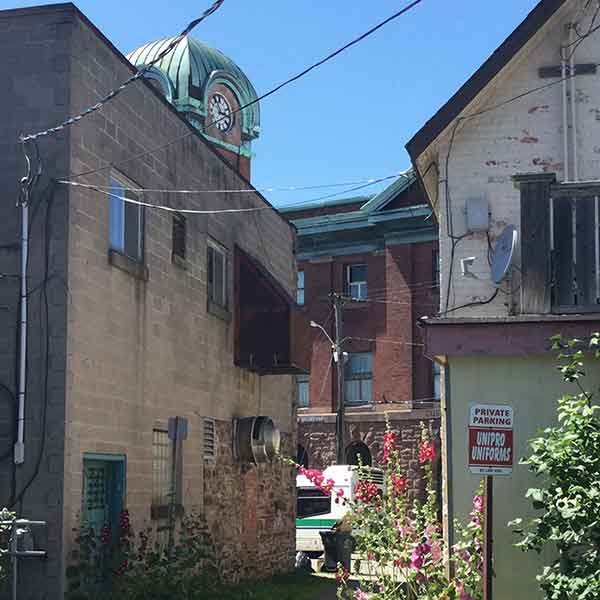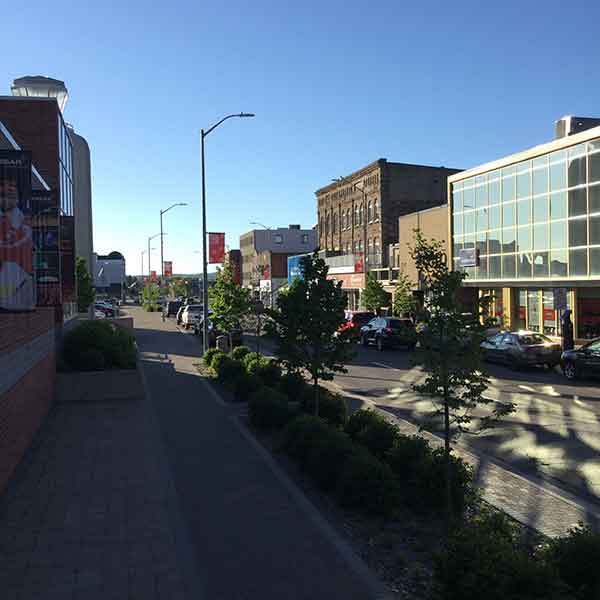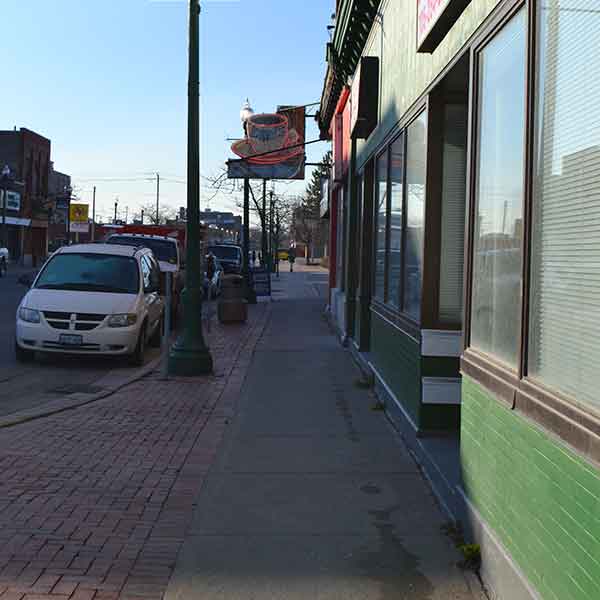Informant Interview Insights
Community Readiness - No Awareness or Resistance: Some community members do not feel opioids are an issue or are unaware of the problem while some community members know substance use is an issue across Canada but there is little recognition of the local opioid crisis.
Community members accessing help have difficulty understanding the clinical language describing the various program treatment and wraparound treatment processes. (i.e., websites, information documents)
Overdose Risk Awareness: Prescribed, Casual, Recreational, or Experimental substance use related overdose risks are overlooked and are often considered socially acceptable. The dangerously inaccurate historical stereotype “addict” drives the perceived risk related to substance use morbidity and mortality.
Hours of Operation for services are brief or represent business hours.
Coordination of care is problematic often leaving gaps in the treatment journey, cause transportation issues (i.e., parking, bus fare, fuel, time), redundant admission processes, lack of services available, requirements to access service (i.e., government id, health card, address).
Local treatment options are limited, and integral services are unavailable for both youth and adults (i.e., withdrawal treatment, day/evening treatment options, vocational rehabilitation, congruent treatment for concurrent disorders)
Limited available relevant, timely, measurable local captured data and surveillance information related to mental health and substance use. (i.e., the number of people impacted, waiting for service, who are leaving the community to access services, completing treatment, etc.)
Inconsistent alert response public advisory notice related to increased overdose frequency.





